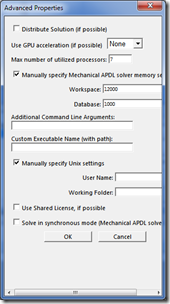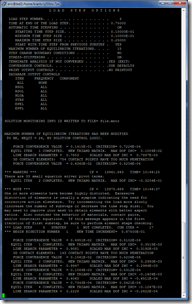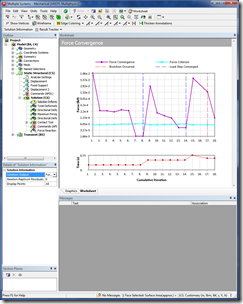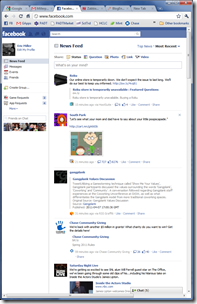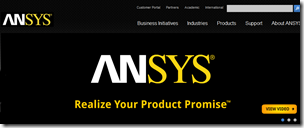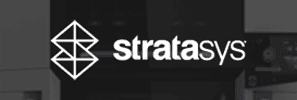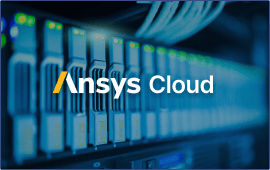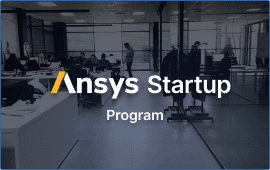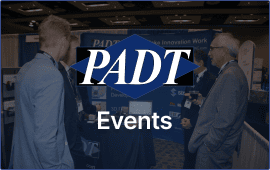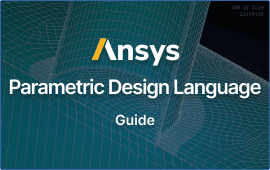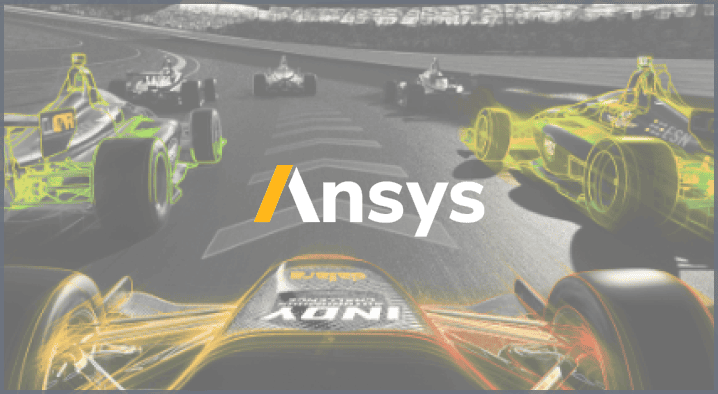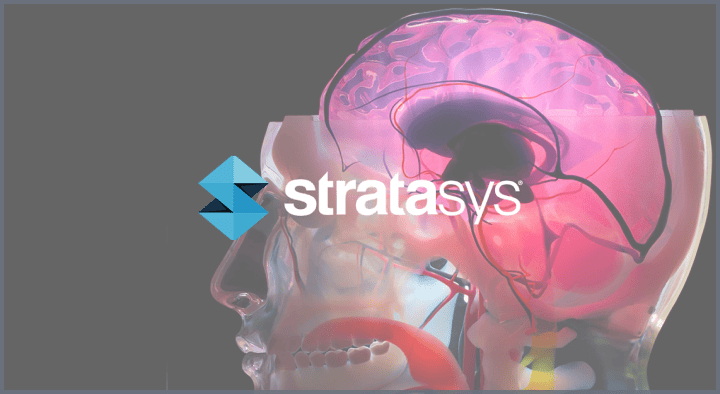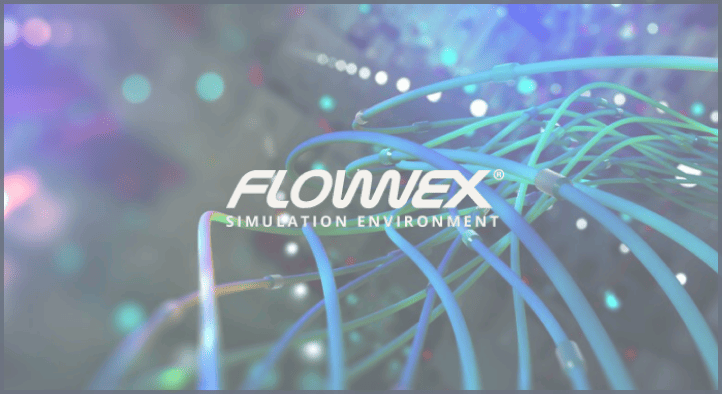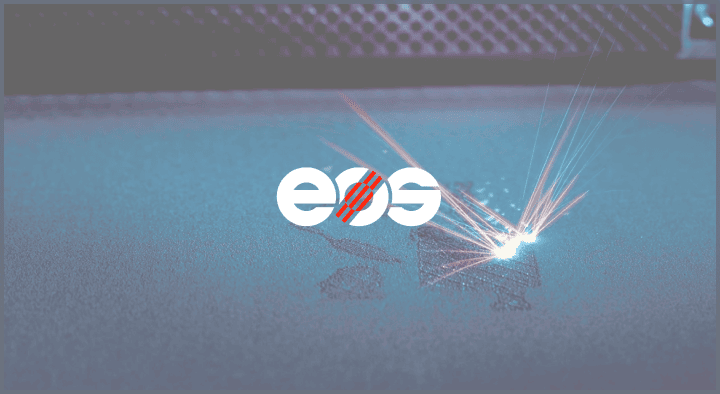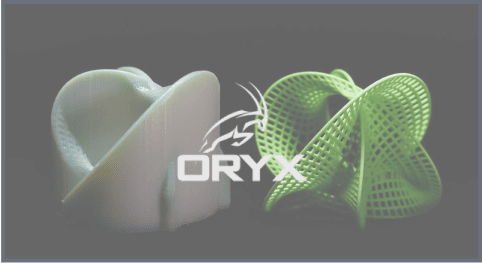Warning, when you get done reading this you might be a little disappointed. A couple of our engineers promised nice chunky articles for this week but then got hammered with billable work. And I was off doing paperwork all week so I didn’t have time to write anything truly useful. So, a day late, here are some random thoughts disgorge as a stream of consciousness prattling.
I’m Digging RSM
We have been redoing our compute server setup for a while now and it is getting pretty robust and useful. When I recently had an opportunity to run a real model I initially submitted it on my desktop, then found that it bogged it down so much that I could not continue my slug through HR documents and financial reports… and the livelihood of PADT depends on my ability to slug through such things. The obvious solution was to batch off my ANSYS Mechanical solve on one of our servers. And RSM made it easy.
I have to give credit to Jason Krantz and our IT team for getting things set up right a while back. So when it came time for me to use it, it was real easy. Now the graph on Ted2 (the server, not Ted Harris) is humming along using 7 CPU’s and about 13GB of RAM and my job is on LS3 and the force value is plunging towards convergence. Good times… Good times…
To make this article somewhat worthwhile I thought I’d pass along a couple of things I had to remember or that Doug reminded me of.
Controlling the solve options on the remote machine
If you want to set the number of CPU’s, memory usage or any other options that go on the ANSYS command line, you do that by going to Tools->Solve Process Settings… in ANSYS Mechanical. Pick the queue on the remote machine (if you don’t see it, you don’t have RSM set up right and that is a subject for a real posting…) then click on Advanced. Here you will see you options for using DANSYS, specifying your memory (always a good idea in my opinion), the number of CPU’s, additional command line options, Unix options, etc… the most important ones, and the ones you should always check before you run are the number of processors and memory.
Monitoring your run
Since you are running remote your output file and your various convergence graphs don’t get displayed automatically. I have to admit I sat at may desk for a while before I realized nothing was going to happen on its own. Then Doug reminded me, only with a small amount of disdain in his voice, that you have to prompt the remote solver for such information. You do this by Clicking on Solution Information in the tree and RMB –> Retrieve. It will send off a request to the solving machine to send back the data. It takes some time but eventually you will get updated Solution Information.
Of course the old-foggy way of doing it is to SSH over to the solving machine (I use PUTTY) and go to the solving directory and do a tail on the solve.out file. The graph is much more useful but having a file scrolling convergence information across your screen is much more impressive and makes you look much busier to people who wander buy and glance at your screen. At least in contrast to Facebook.
Which makes you look more impressive or productive? trail –f solve.out, ANSYS Mechanical Convergence Plot, or Facebook? Maybe I should set the terminal for the trail file to be green on black…
Getting Files Back
One downside of RSM as it is now configured is that it doesn’t copy back all the files that you may create during your run. It can’t read your mind so it doesn’t know that “frc_hist.csv” is something you need. A simple work around is to add an APDL Code Snippet to the post processing part of your tree and add a line at the end with something like: /sys, cp frc_hist.csv ~
This copies the file to your home directory on the remote machine. Then, when the job is done you an go over and retrieve it.
ANSYS People
I get to interact a lot with the people that work at ANSYS, Inc. Sales, Support, Development. The whole company. And over the last two weeks we have been fortunate enough to have some folks come out and visit our largest customer, Honeywell. This has been going on for years now, since we started PADT 17 years ago.
Last night we took three of these ANSYS folks to dinner. One from HQ here in the US, one from ANSYS India and one from ANSYS France. We started at 7’ish and got chased out of the restaurant at 10:00. We talked about old ANSYS stuff, new ANSYS stuff, development methods, solvers, computers, strange animals, traveling, the competition, graphing, jScript, UDF’s, automatic report generation, morphing, blah, blah, blah. Three hours was gone in a blink of the eye. Fun.
My point – the best thing about ANSYS, Inc. is the people who work there. Smart, passionate, knowledgeable, hard working, and their hearts are always in the right place.
Just thought I’d pass that along. If you get a chance to really spend some quality time with any of them, do it.
ANSYS Commercial
And if you haven’t seen it yet, check out the new ANSYS commercial on the home page: http://www.ansys.com Click on “View Video” Put aside your engineers detachment and strong desire to pick anything that looks like marketing to little pieces. I think it is super cool and makes me even well up a bit. I really like the new tag line: Realize Your Product Promise.
My new iPad2 and my Son’s 3DS
Love it. 3G version. Take it everywhere. Instant access, on a screen I don’t have to strain to read, to information.
But from an engineering standpoint, I bring it up to not only fill up space in this posting. I bring it up because we have been wondering a lot about the fact that the type of interface on an iPad is probably going to become the dominant interface. How should the GUI on an simulation tool change to take advantage of that?
About the same time as I got my iPad2, my son got a Nintendo 3DS. It has a small but very clear 3D screen that you don’t need glasses to view. How cool would it be if one of your monitors was like that. If you could put your graphics window on the 3D monitor and view your model in 3D without dorky glasses? Would that be a productivity increase or just a source of additional eye strain?
Back to paperwork
OK, I’ve filled up a posting. Now on to filling out FORM BRDI-1A: 2010 BUSINESS R&D AND INNOVATION SURVEY. The first words under the title are “Your Response is Required by Law” so I better get cracking… wait, my model just converged. Let me go retrieve that csv file and see if the answers make sense.

